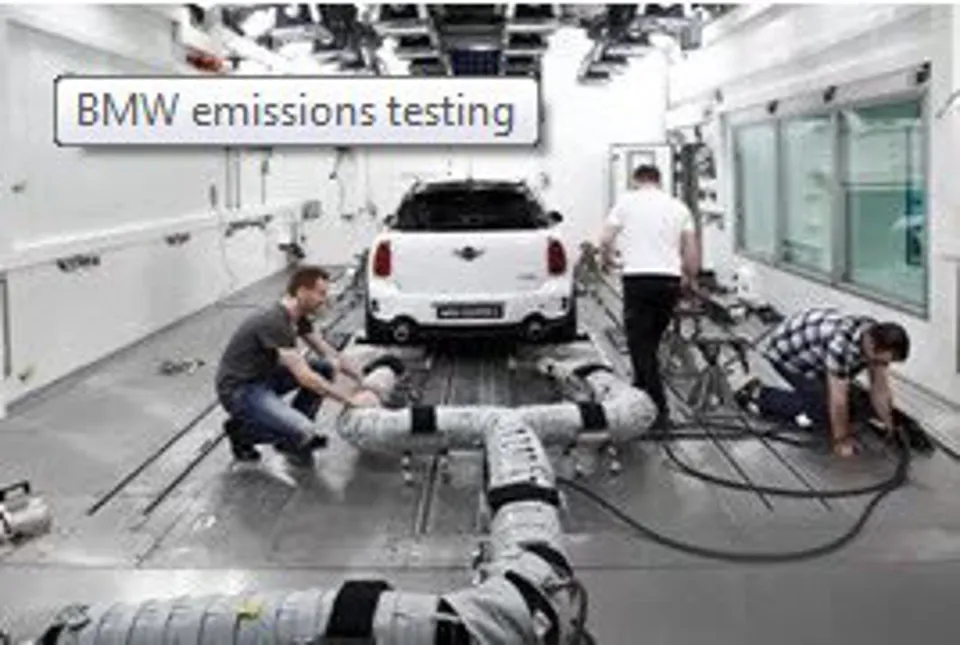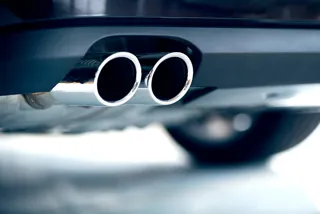Ahead of the introduction of WLTP for all new car registrations from September 2018, Jato Dynamics is developing and testing a WLTP global data solution that will enable the automotive industry to access WLTP data via one single solution.
The WLTP service release is targeted by end of July 2018, covering in the first release 92% of the current volume registered in Europe.
Jato has been monitoring the transition to WLTP since its initial introduction in September 2017. Although this transition is still ongoing, Jato is releasing its insights on the results of its initial impact, which is already affecting the current business model of the automotive industry.
The major finding of Jato’s early research is that the new NEDC declared values – either calculated via Co2mpas (the model developed to convert WLTP CO2 measurements to an NEDC equivalent) or via double testing for new engine calibrations (which have been re-homologated using the WLTP test cycle) – are higher than under the previous NEDC test cycle.
Jato’s new solution will provide easy access to data, as well as customisable, tailor-made dashboards providing access to the WLTP emission and fuel consumption values of each vehicle build and, if needed, also the local market tax associated with a specific emission level and vehicle configuration.
A spokesperson for JATO said: “WLTP is a seismic change in the automotive industry. We have observed that NEDC correlated CO2 figures are higher than previous NEDC tested values, and the disparity could be greater than the industry expected. Furthermore, our initial findings suggest that the NEDC correlated values are resulting in higher purchase and ownership taxes for the end user in some cases. This is something the industry needs to be aware of as the competitive landscape is changing.
“The new NEDC correlated figures are already available in the JATO specification and price database we provide to our customers, but the reports that we have developed and made available to clients provide insight on exactly which vehicles have shown higher CO2 values, the variance in CO2 emission versus the NEDC tested CO2, changes in engine technology and power output, and also where this will impact purchase and ownership costs across Europe.”
JATO’s insight reports include three key elements – CO2 changes aggregated by manufacturer, a vehicle introduction report that provides an overview of WLTP homologated vehicles with altered CO2 values in any European market, and a taxation effect report which shows the pricing impact of WLTP homologated vehicles in EU markets that have a CO2 based purchase tax.




















Login to comment
Comments
No comments have been made yet.